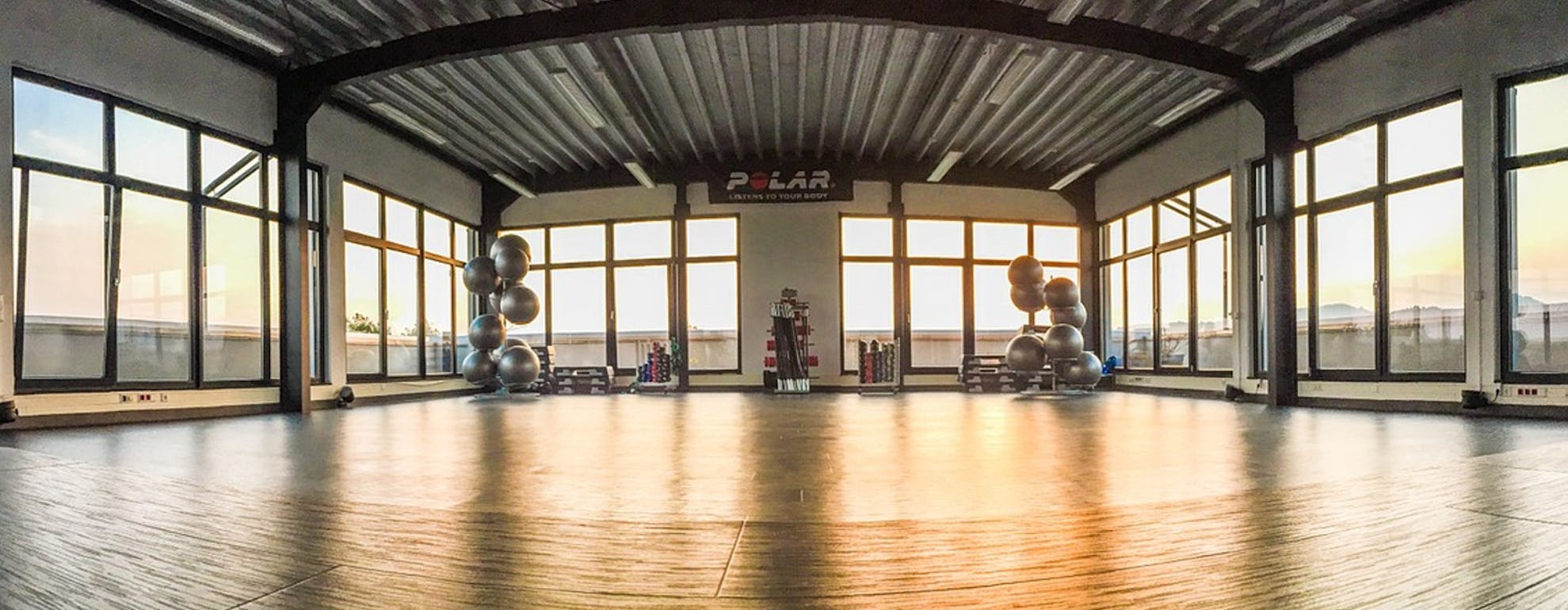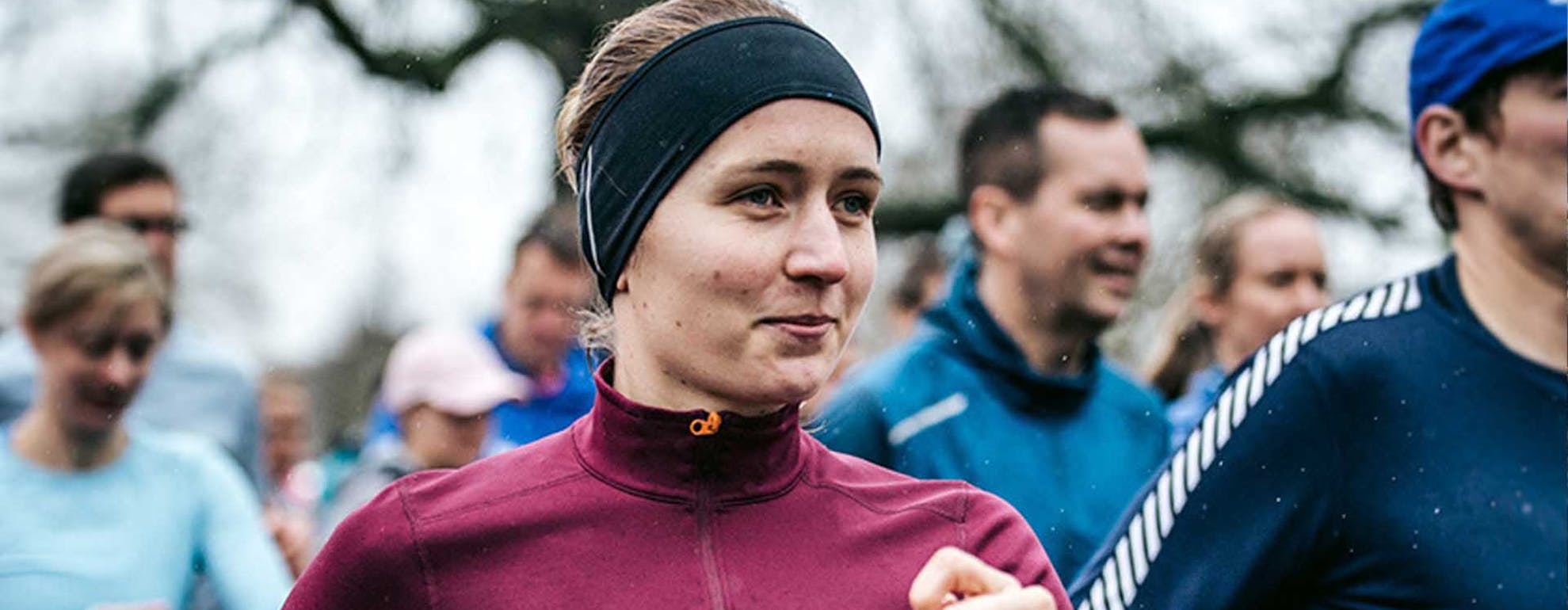
Sleep Better to Run Stronger
Busy lifestyles mean that getting enough sleep can be a low priority for most of us. Yet for runners, sleep is critical to the recovery process, and is equally as important as training and nutrition choices. Sleep debt can negatively affect performance, and it follows that getting enough sleep should be incorporated as a crucial part of your training regime. Here's how to sleep better to run stronger.
ㅤ
WHY REGULAR SLEEP IS IMPORTANT TO RUNNERS
The body carries out crucial restorative and rebalancing functions during sleep. These are particularly important in aiding active recovery for runners after hard training, and allowing the body to repair and rebuild.
ㅤ
Immunity
Lack of sleep significantly compromises the immune system. Studies have found that those of us getting only 6 hours sleep a night have 50% less immunity protection than those who slumber on for 8 hours. This can have a key impact on endurance runners with already vulnerable immune systems. If you're training for a marathon or an ultra, the last thing you want is your training to be sidelined with a cold, flu or infection - incorporating sufficient sleep into your schedule will help boost and maintain a healthy immune system, especially when you're putting in the miles.
ㅤ
Repair and Regeneration
During sleep the body repairs and regenerates damaged muscle tissue from hard workouts, and builds bone and muscle. These processes are crucial to recovery - if you aren't getting enough sleep, then you're actively impairing your body's ability to recover, and therefore adversely impacting your performance - regular sleep boosts athletic performance.
ㅤ
Hormone Regulation
Human Growth Hormone (HGH) is released into the bloodstream during sleep, rebuilding muscle tissue, helping metabolise glucose, converting fat to fuel, and helping to keep bones strong. Less HGH means less active recovery. Further, lack of sleep leads to an increase in the stress hormone, cortisol which actively interferes with the recovery process.
ㅤ
Weight Loss/Appetite Regulation
Sleep directly impacts on the body's hunger signals. Studies show that the hormone leptin (which tells us we're full) is not secreted in adequate quantities when we get less than 6 hours sleep, leading to increased appetite and potentially weight gain. Regular sleep regulates hunger signals, and combined with exercise helps keep weight down.
ㅤ
HOW MUCH SLEEP DO I NEED?
There's no straightforward answer to this. This depends on age, lifestyle, health and other factors. The recommended amount for healthy adults is 7-9 hours a night - and this can increase up to 9/10 hours for athletes in hard training. Listen to your body - if you're feeling fatigued, if you have recovery issues, then look at incorporating more sleep into your schedule.
ㅤ
6 TIPS FOR BETTER SLEEP
ㅤ
Incorporate a Sleep Schedule
Make sleep a part of your training schedule and prioritise it. Try to sleep and wake at the same time every day, and keep a sleep diary to identify sleep patterns if you're having trouble sleeping.
ㅤ
Create a Sleep Friendly Environment
Make your bedroom sleep friendly. It should be cool - optimal sleeping temperature for most people is usually somewhere between 15 and 19 degrees - and free from noise, light, work materials and electronics.
ㅤ
Avoid Exercising Too Close to Bedtime
Hard training sessions elevate body temperature and increase cortisol production. If you're training close to bed time, this can hinder your transition into deep sleep. Avoid training shortly before bed time, and give your body time to adjust and wind down before going to sleep.
ㅤ
Avoid Alcohol, Cigarettes and Large Meals in the Evening
Alcohol and caffeine can both disrupt sleep and it's best to avoid these in the hours before bed time. If you can, avoid cups of coffee and other stimulants from around 2pm onwards. You should also shun fatty, fried, spicy and any other foods that tax the digestive system in the evenings, and try to eat only lightly (if at all) in the 2 hours before bed.
ㅤ
Follow a Bed Time Ritual
Wind down. Spend the last hour before bed doing something relaxing like reading and separate sleep from activities which are likely to promote stress, excitement or anxiety. You should also avoid blue light emitting electronics such as laptops, mobile phones which are activating to the brain. That means turning off your mobile and no checking emails or Facebook before you go to sleep.
ㅤ
Manage Your Circadian Rhythms
Using light sources can help regulate your circadian rhythms. Try to avoid bright light in the evening and make you sure you're getting sunlight in the mornings to help promote a regular sleep pattern.
ㅤ
Looking for some training tips and advice? Then head over to our Training category where our athletes and experts explain everything you need to know.
Welcome
Welcome to the SportsShoes Training Hub! We’ve teamed up with athletes and experts to bring you the very best advice on how to maximise your workouts and achieve your best results.
Read More
Share this
Featured Articles
View All



